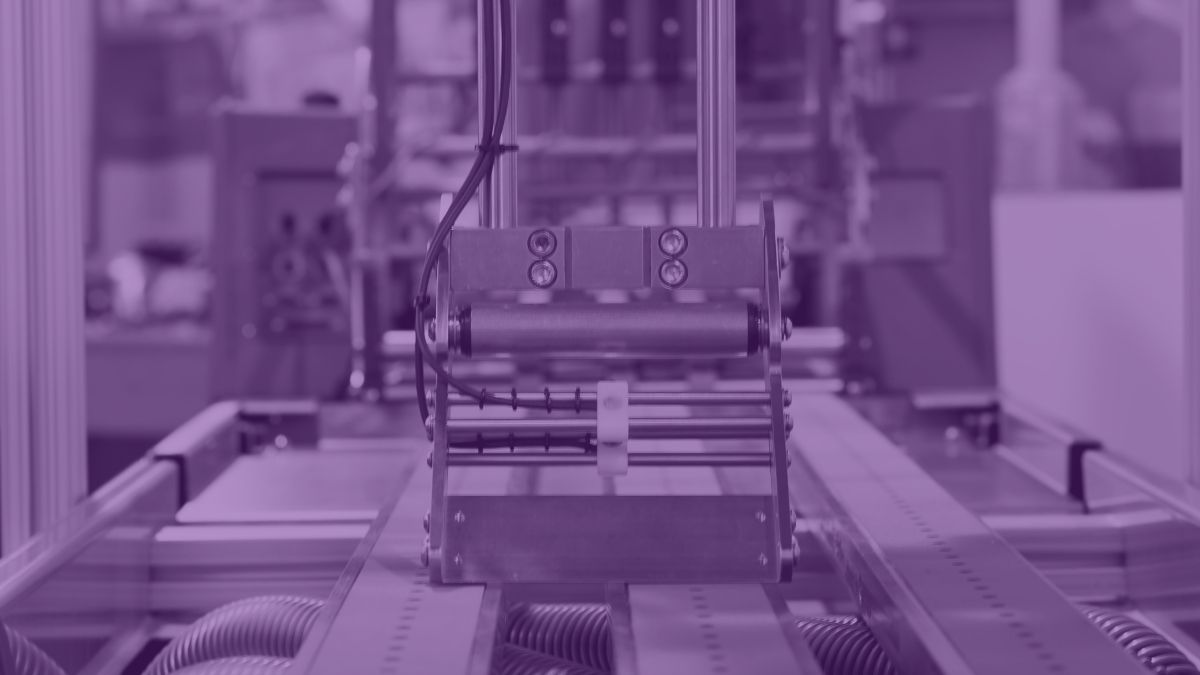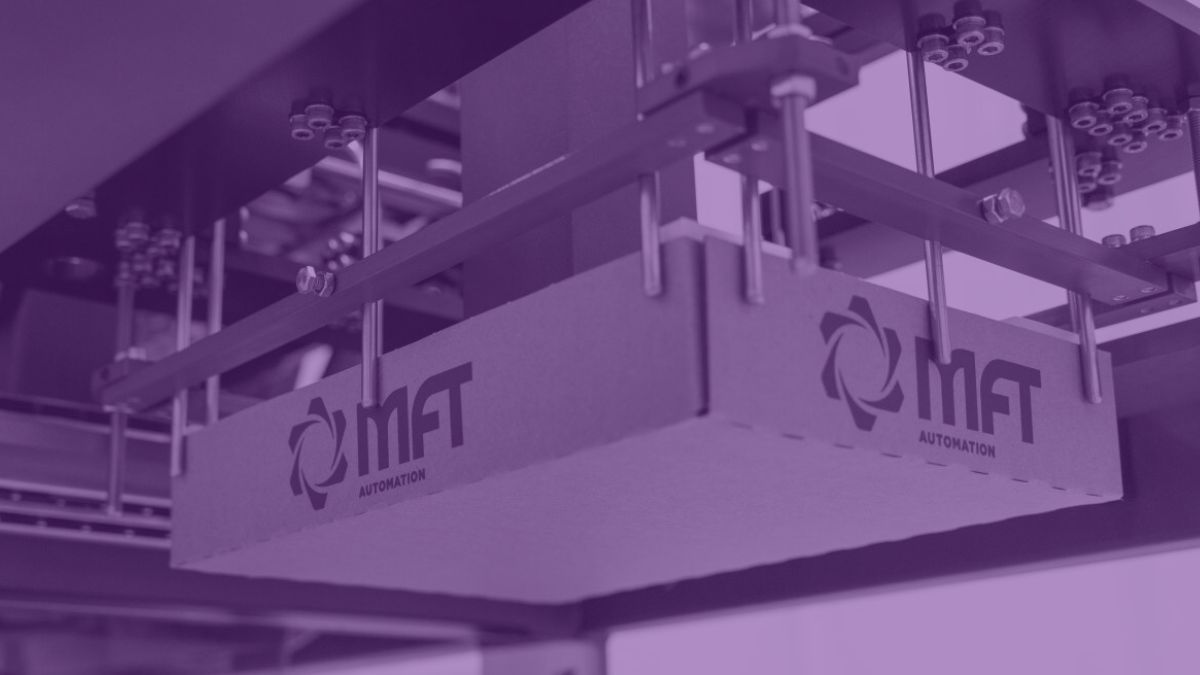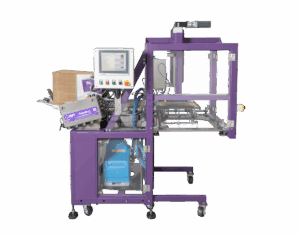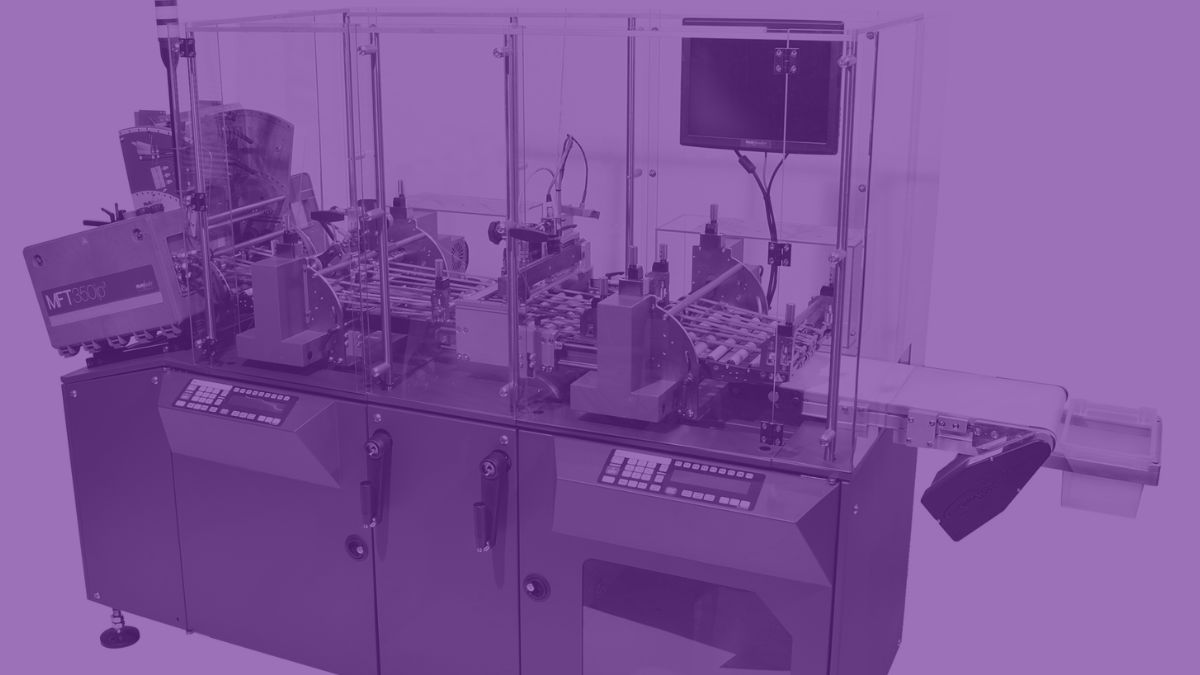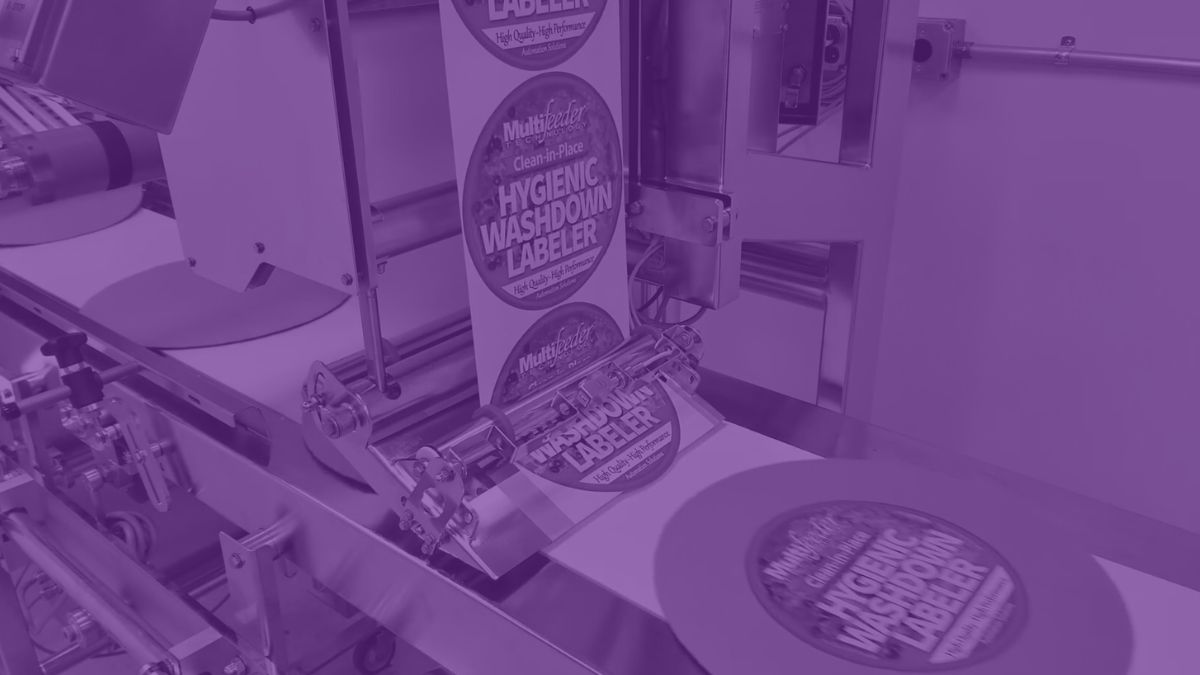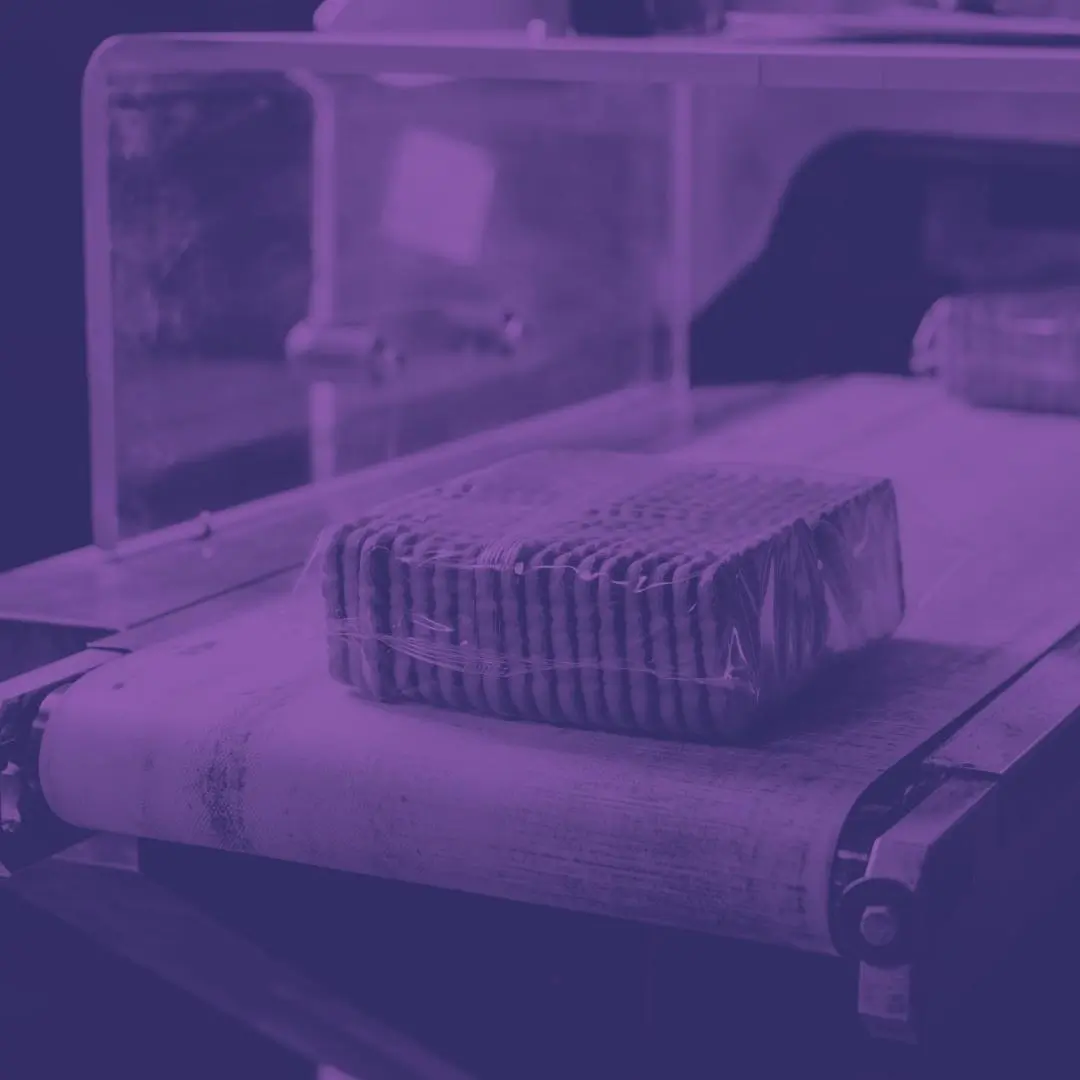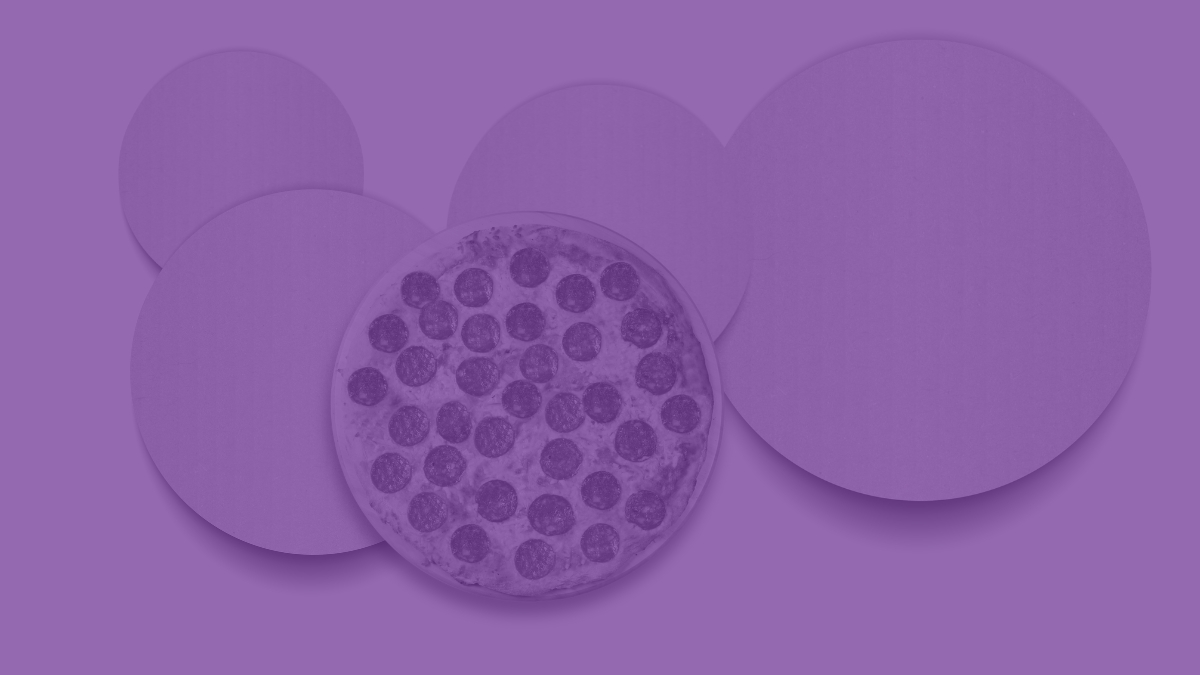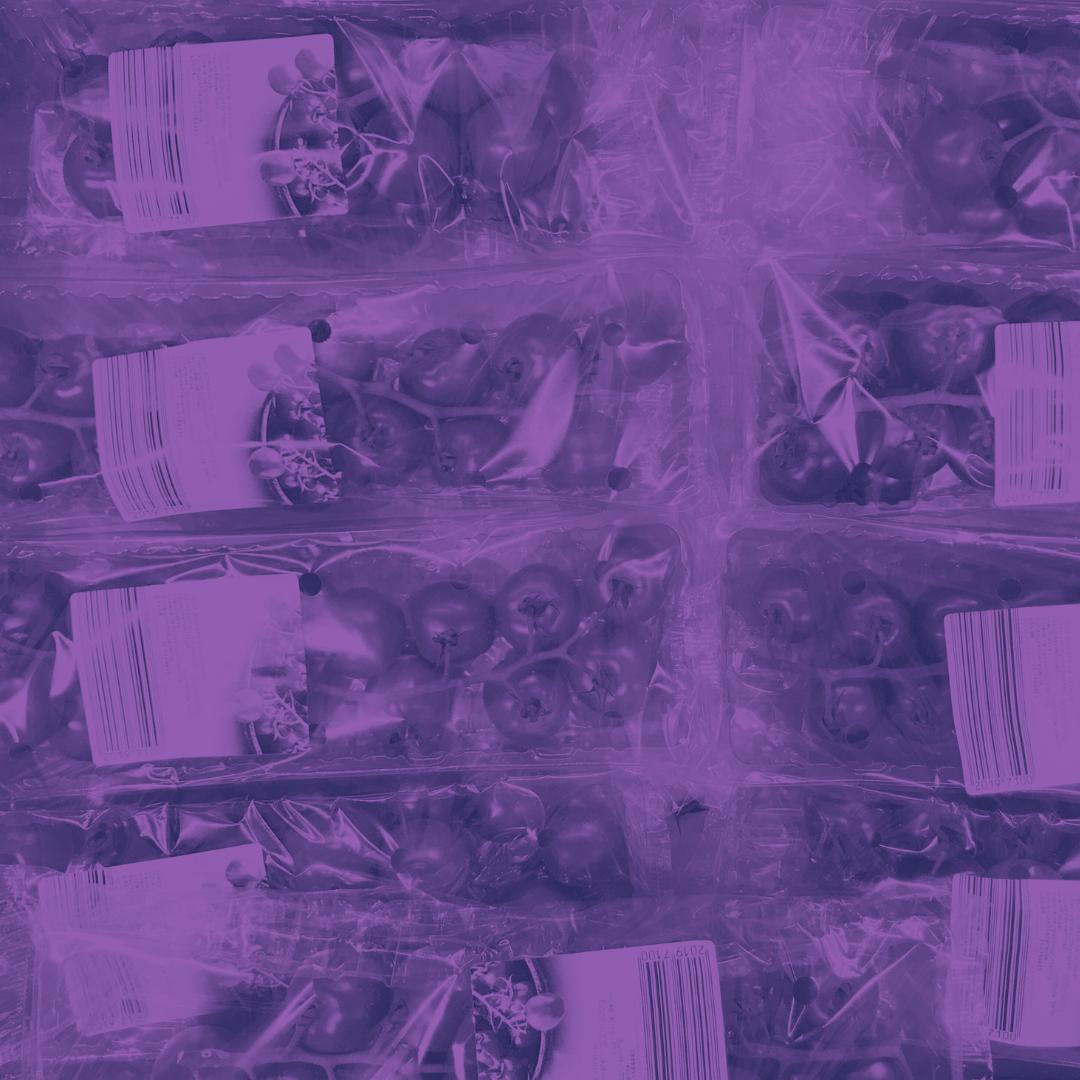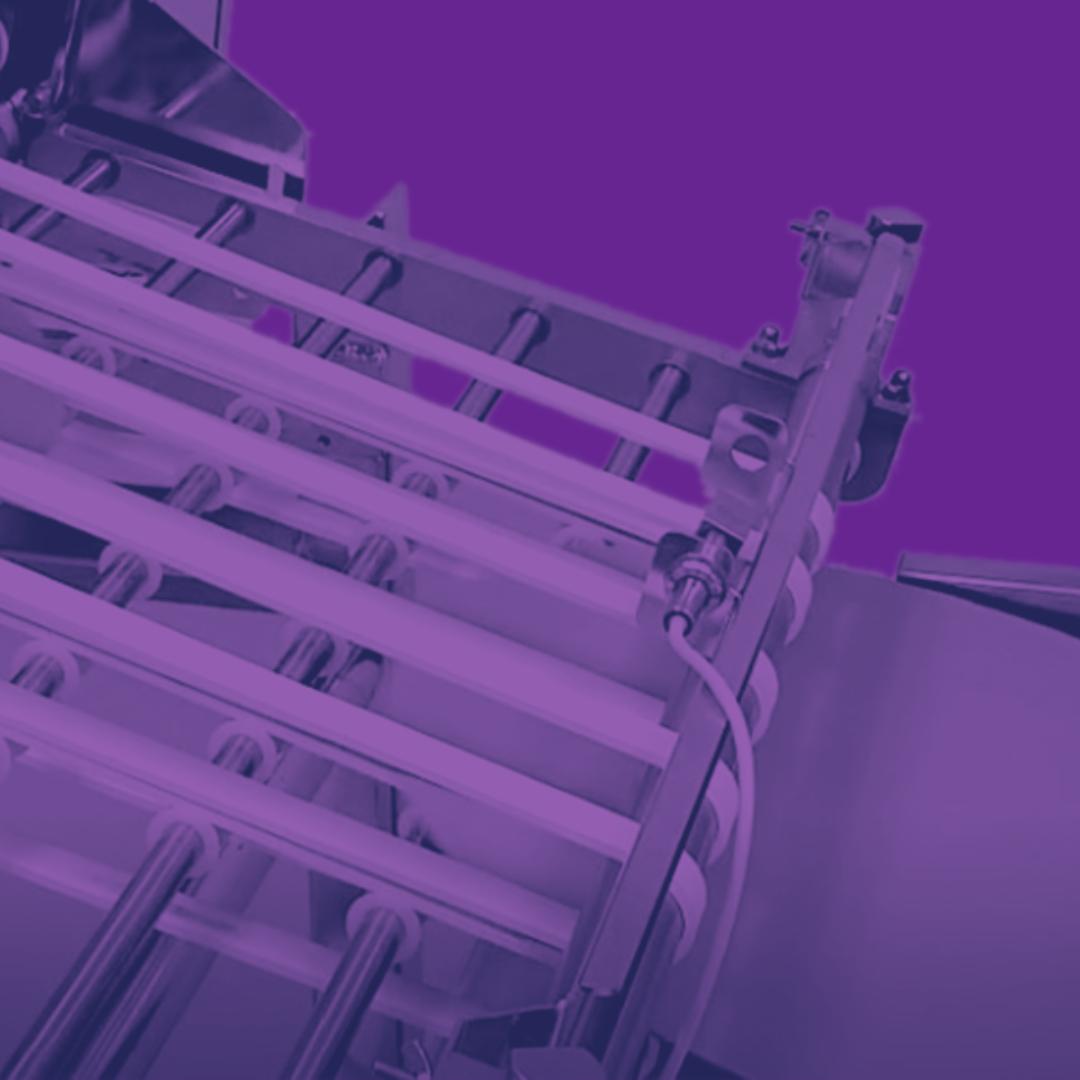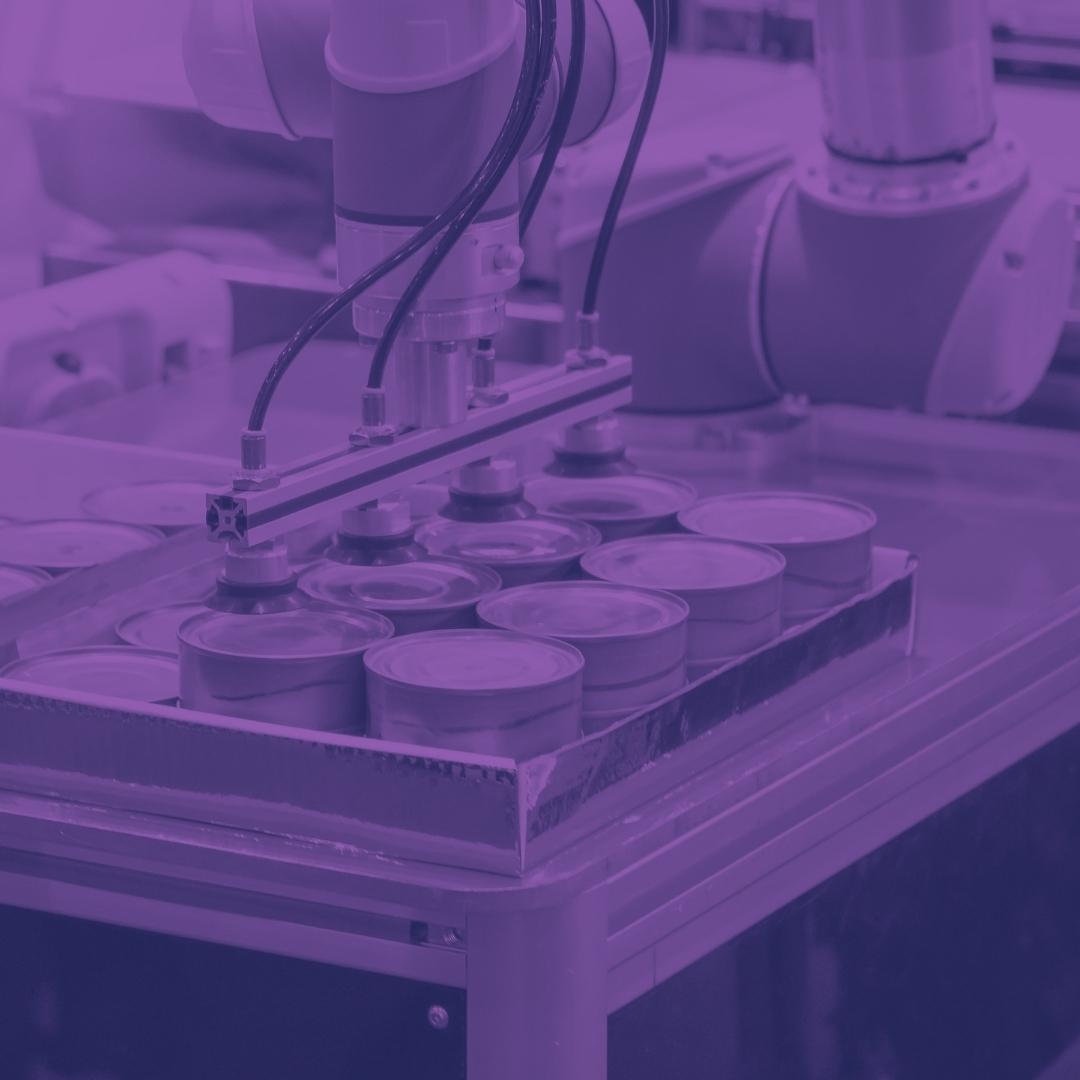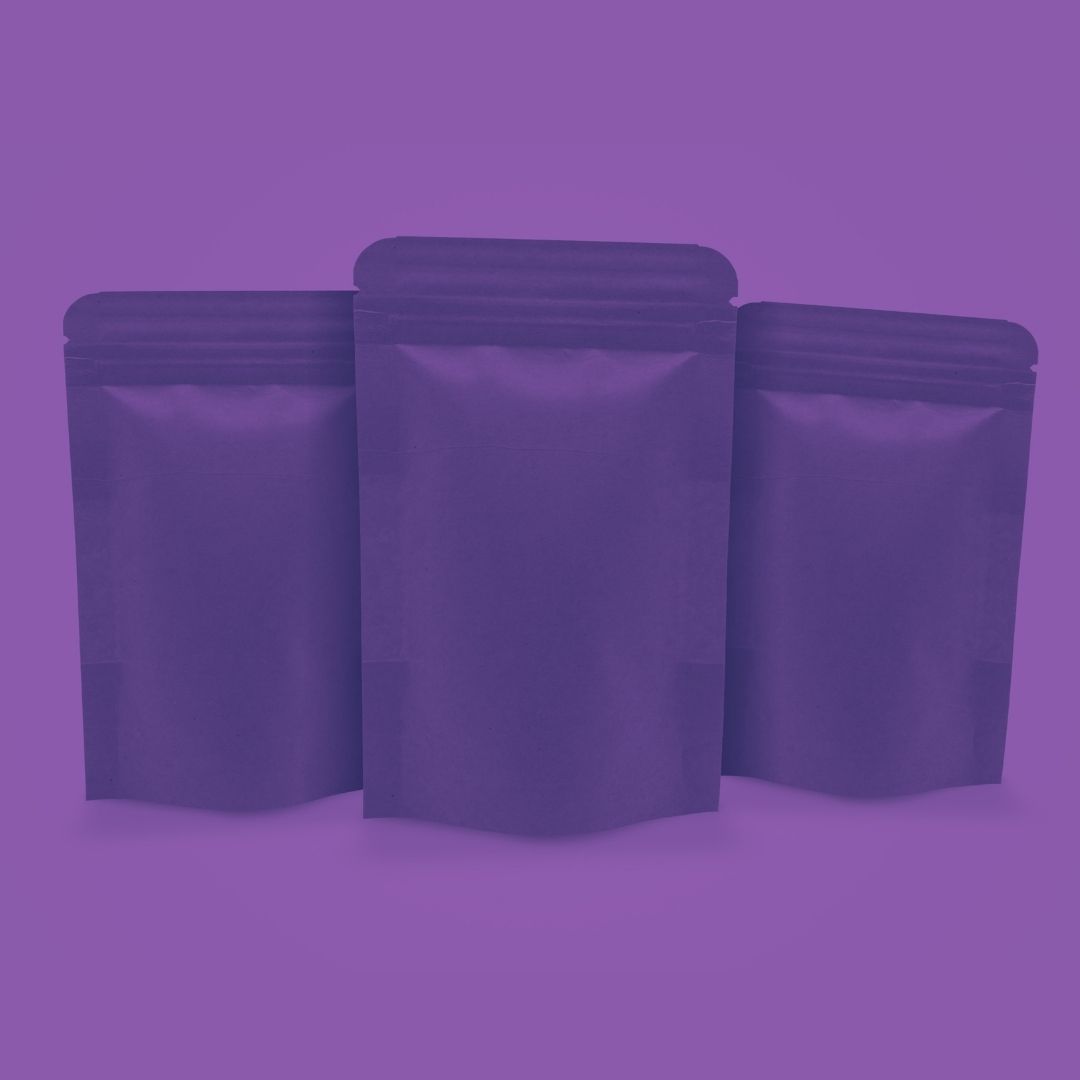In today’s production environment, choosing the right machines for packaging is about more than speed. It’s about building a system that is flexible, reliable, and engineered to grow with your business. At MFT Automation, we specialize in everything from basic building blocks to complete integrated systems to help manufacturers streamline operations with automation that’s efficient, consistent, and tailored to unique needs.
Machines for Packaging: The Base Components
Every modern packaging line starts with its core components. These packaging machines are the building blocks of automation:
- Friction Feeders: Designed for accurate and repeatable feeding of flat products such as paperboard, leaflets, or pouches.
- Automatic Label Machines: Ensure products are identified, branded, and trackable with precision placement.
- Conveyors: Move products seamlessly between processes, keeping lines efficient and minimizing downtime.
- Tray Formers: Quickly create trays for secure packaging and transport with toolless components and easy operation.
- Components & Accessories: From vacuum belts to static minimizers, accessories allow manufacturers to fine-tune performance for maximum uptime and throughput.
These individual systems form the foundation, but the real advantage comes when they’re integrated together.
Integrated Systems: Automated Systems for Packaging
The next step in packaging automation is combining multiple machines into a cohesive solution. An automated packaging machine links processes for greater efficiency and reliability. At MFT Automation, we engineers systems that integrate:
- Processing: Feeding, collating, and preparing products.
- Printing: Adding codes, expiration dates, and variable data.
- Labeling: Attaching primary or secondary labels with precision.
- Verifying: Using inspection technology to ensure accuracy and compliance.
This type of automated packaging equipment eliminates bottlenecks, reduces errors, and keeps production moving smoothly from start to finish.
Total System Solutions: Multi-Faceted, Standardized Automation
For high-volume manufacturers, total system solutions take automation even further. MFT’s standardized systems are designed to solve complex challenges while maintaining repeatability and reliability. Popular solutions include:
- Print, Verify, and Reject (PVAR) Systems: Ensure every product is marked correctly and meets compliance requirements, with built-in rejection of nonconforming items.
- High-Speed Collator Systems: Streamline collation of inserts, cards, and flat products at unmatched speeds.
- Tabbing Systems: Securely close products for mailing or retail packaging with speed and accuracy.
These total solutions highlight how we combine proven standard systems with custom engineering to fit into your unique workflow and compliance needs.
Human-Centered Engineering for Packaging Operations
Investing in the right machines for packaging goes beyond equipment. Our goal is to solve real production problems, supporting your operators and ultimately your bottom line. MFT Automation brings decades of design and engineering expertise to every project, offering systems that are scalable, efficient, and built for the demands of modern manufacturing.
Whether you need a single packaging machine or a fully integrated system, our people-centered approach means we listen first, then design a solution that helps you achieve ROI, flexibility, and long-term success. Talk to one of our automation experts today about your latest challenge.

